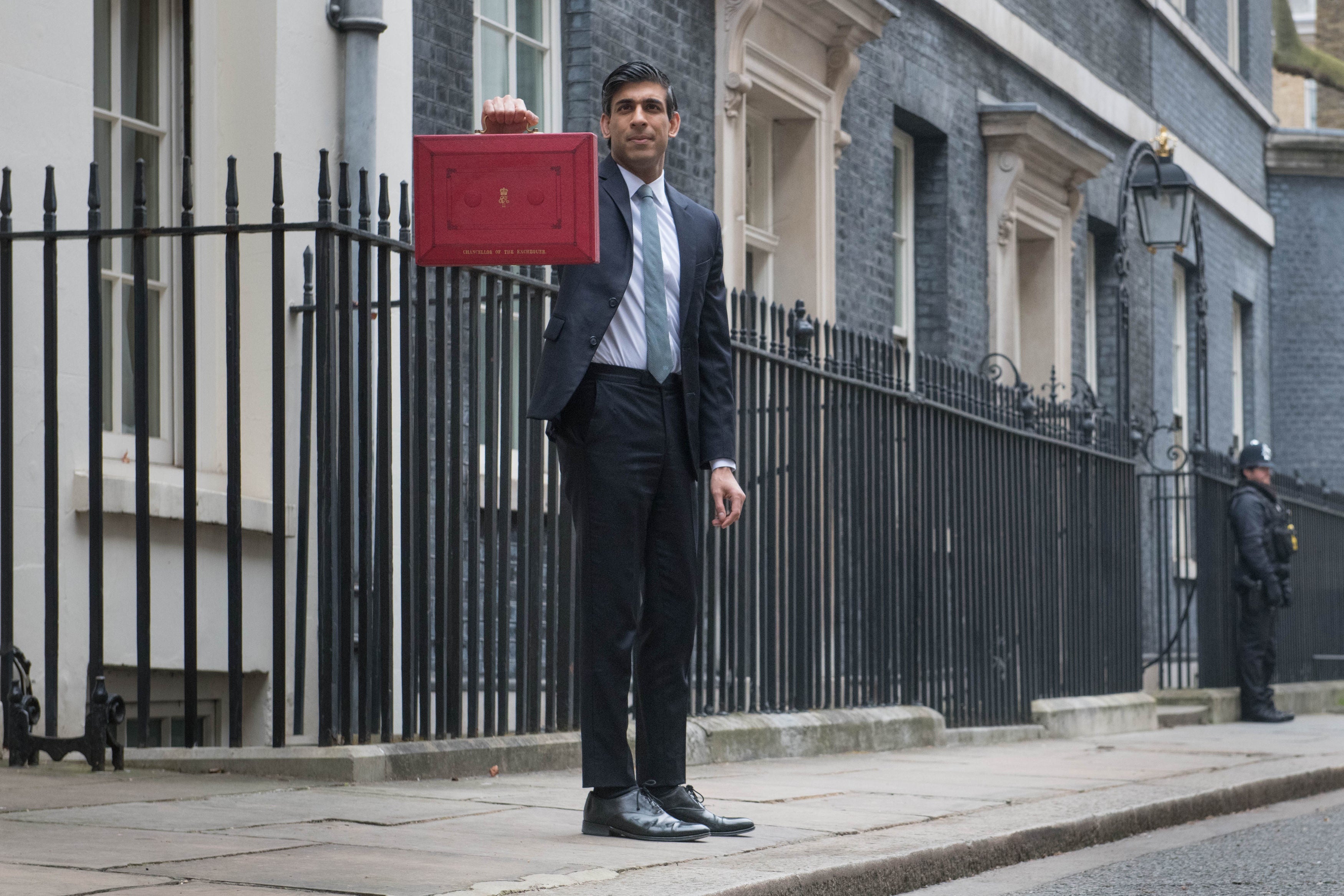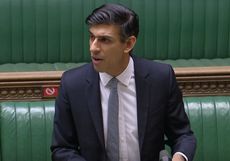What part will green taxes play in achieving net zero carbon?
Rishi Sunak was criticised for the absence of green measures in his Budget, but, as John Rentoul explains, the idea of green taxes is falling out of favour


One of the criticisms of last week’s Budget is that it wasn’t very green. Rishi Sunak announced a UK Infrastructure Bank that will invest in the “green industrial revolution” and spoke of his vision of people in Teesside being hired into “decent, well-paid, green jobs”.
But environmentalists pointed out that he had frozen fuel duties again, making it even cheaper to burn fossil fuel in petrol and diesel vehicles, and that he had failed to use the tax system to help shift people to low-carbon alternatives.
MPs will pursue these questions with Tom Scholar, the Treasury’s top civil servant, today, as the Public Accounts Committee begins an inquiry into environmental taxes. But what Scholar won’t be able to say, as a neutral civil servant, is that the political problems of using taxes to achieve green objectives are forbidding.
This explains why green taxes have long been advocated but rarely put into practice, and usually only in limited or heavily disguised form. The levy on plastic carrier bags, for example, is popular because it is small, specific and precisely targeted.
Other green taxes are more difficult. Fuel duty is a classic example. John Major’s Conservative government began a policy of increasing the tax by more than inflation every year, in order to encourage people to switch to smaller, more efficient engines. This was called the fuel duty “escalator”, but it was fantastically unpopular and after the fuel duty protests of 2000, the Labour government stopped increasing the tax every year, and it has been frozen most years since. Sunak is only doing what his predecessors have done.
Another big source of carbon dioxide emissions is home heating, and that ran into political difficulties even longer ago, when Major was defeated in the Commons in 1993 over an attempt to raise VAT on gas and electricity bills – which was advertised as a partly green measure to encourage fuel efficiency.
The most successful green taxes are the ones that are invisible to the voters. The EU emissions trading scheme, for example, is in effect a carbon tax levied on fossil fuel power stations and factories across Europe, and the UK now operates its own post-Brexit version. But as soon as such taxes become visible to consumers, as they did during the David Cameron government, when electricity suppliers blamed price increases on levies they were required to pay for renewable energy, they become politically difficult. Cameron angrily insisted that his government had to get the “green crap” off people’s electricity bills.
That is why economists and behavioural scientists have moved away from green taxes as the way to persuade people to make the lifestyle changes that are needed to move the economy towards net zero greenhouse emissions. Subsidising green behaviour seems more effective than penalising ungreen behaviour, and much can be achieved by direct government instruction. The ambitious target of ending the sale of new petrol and diesel cars by 2030, for example, will be achieved – if indeed it is – mainly because Boris Johnson has simply announced the ban, giving car makers time to switch to hybrids and all-electric vehicles, and to install the network of charging points needed. By the time the changeover happens, the theory is that electric cars will be cheaper than their fossil-fuel equivalents.
Similarly with home heating: the government seems to be moving towards a ban on gas boilers – the problem is that the alternatives of electric heat pumps or hydrogen (produced by electricity) are not well established and are some way from being cheaper. But few people now think that green taxes, to use the price mechanism to push people to go green, are the way to force the pace of change.

Join our commenting forum
Join thought-provoking conversations, follow other Independent readers and see their replies
Comments